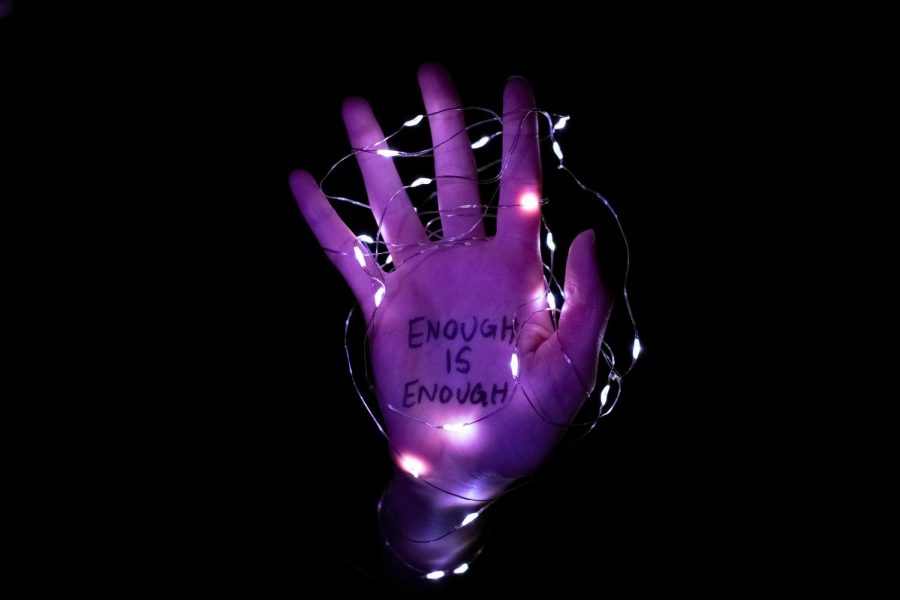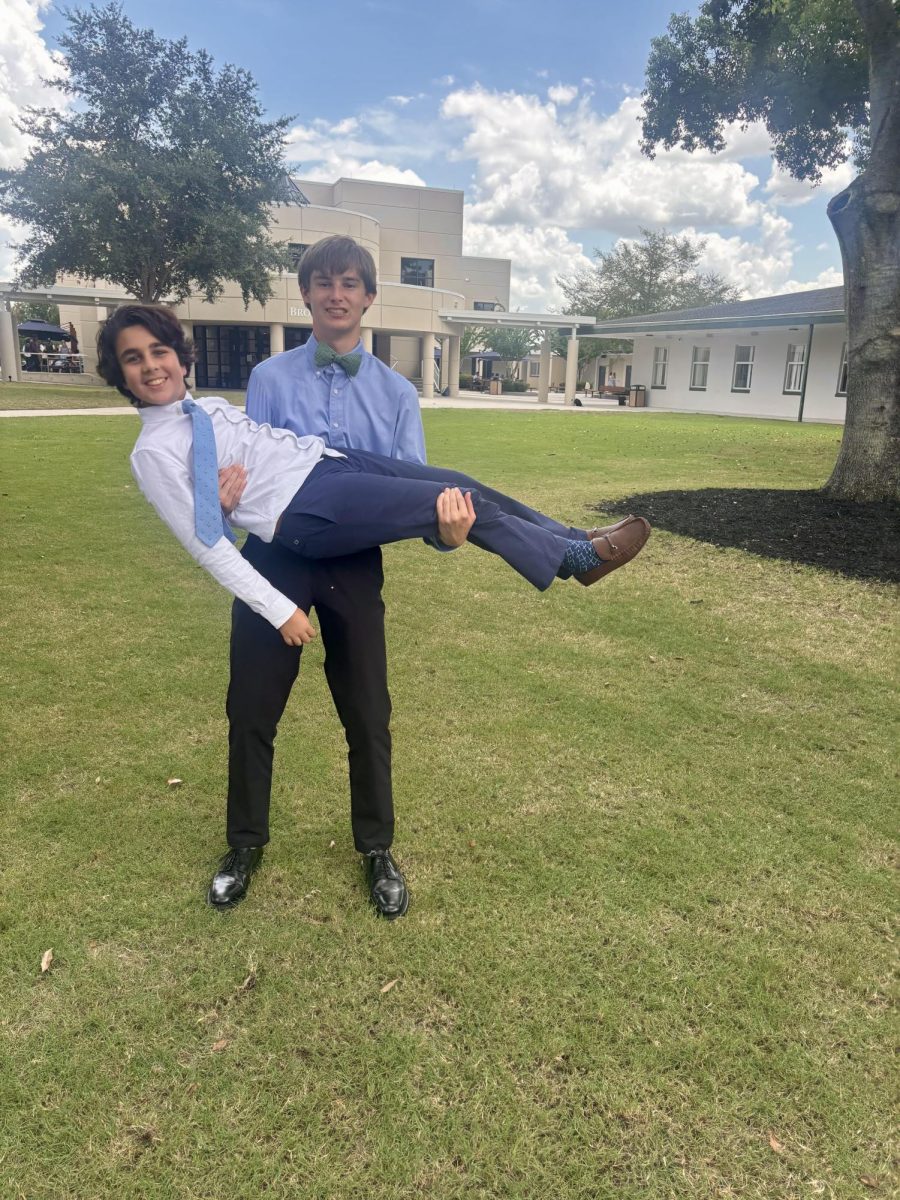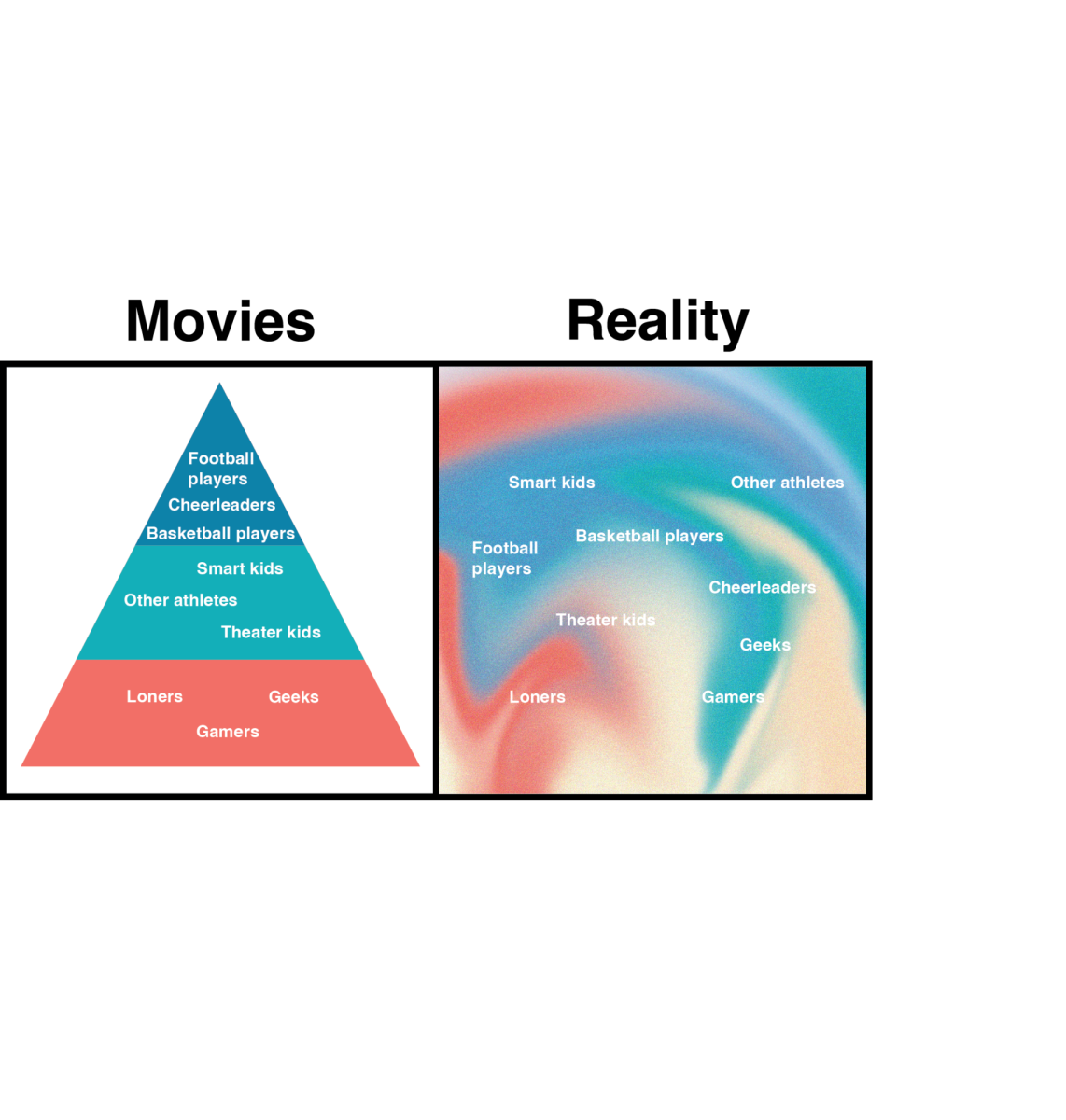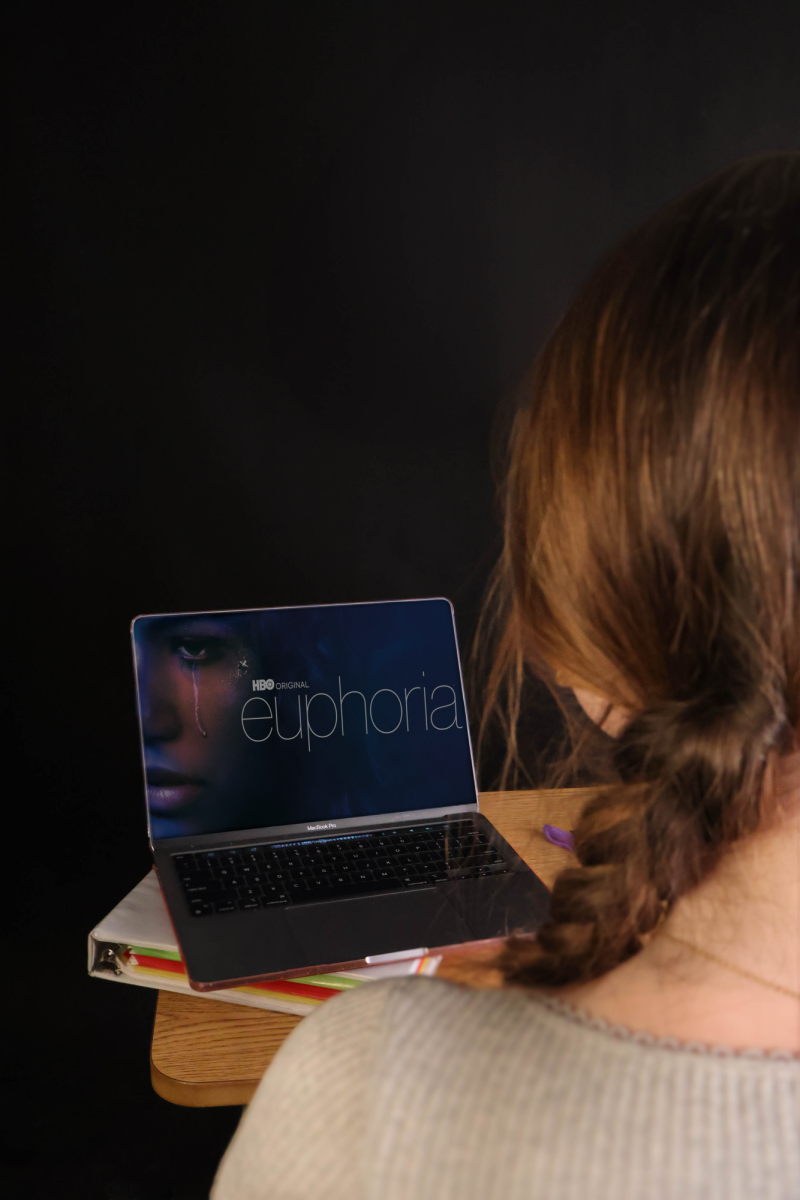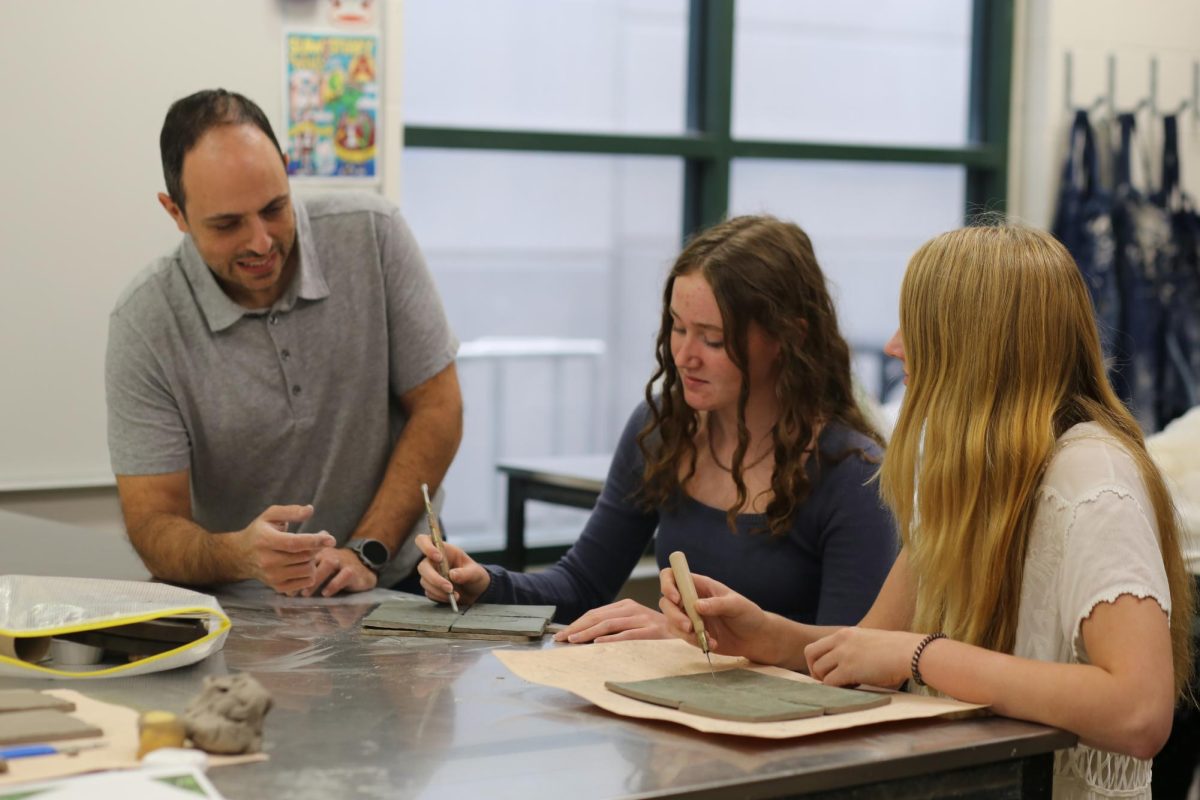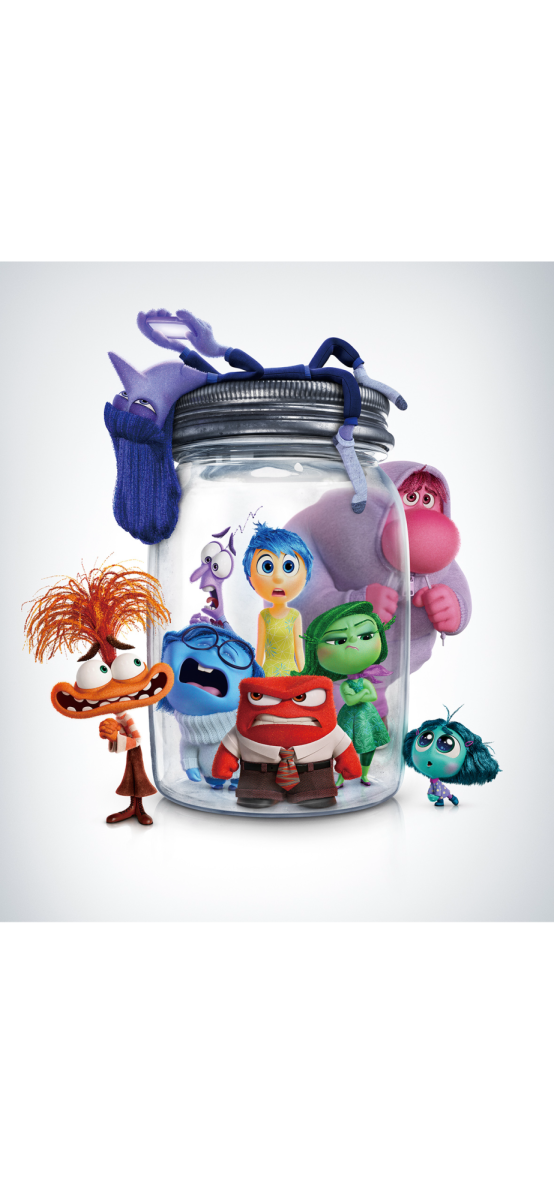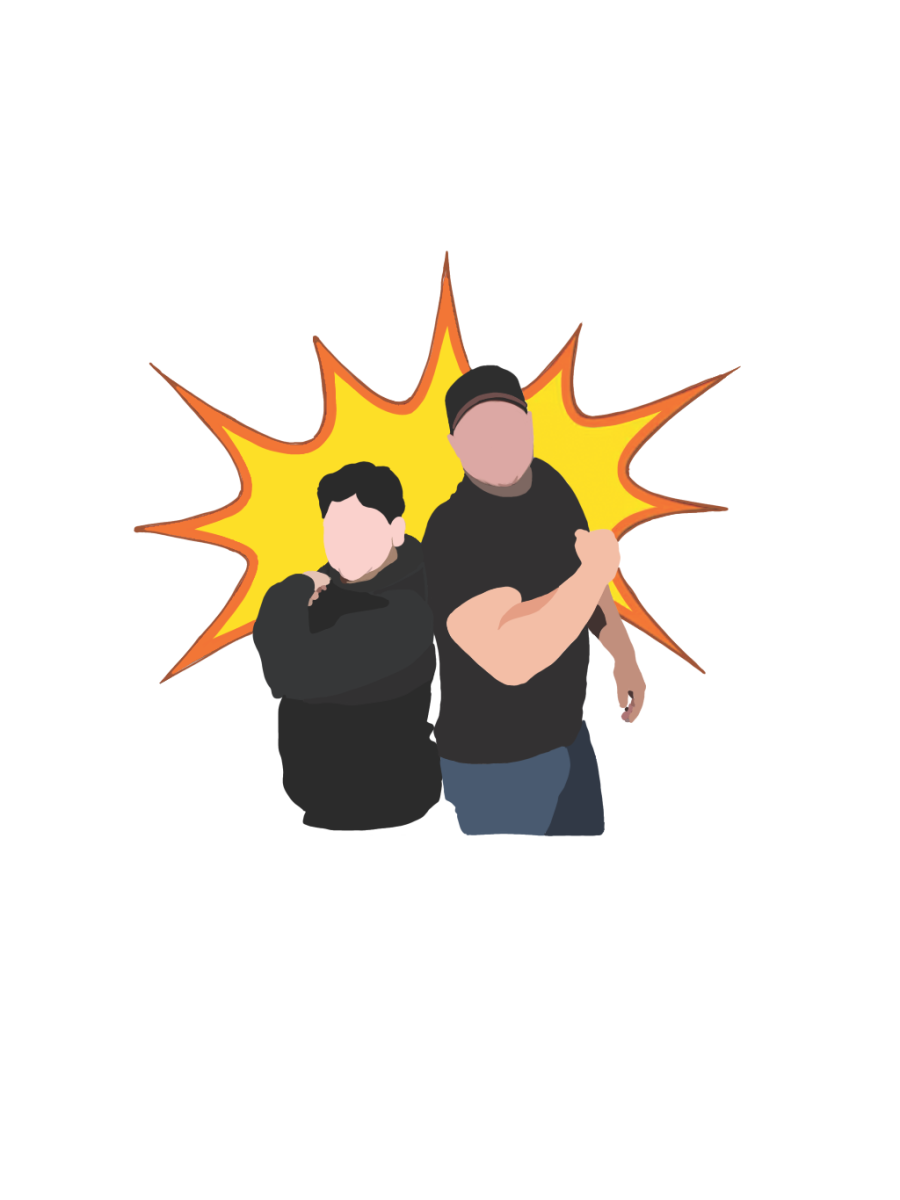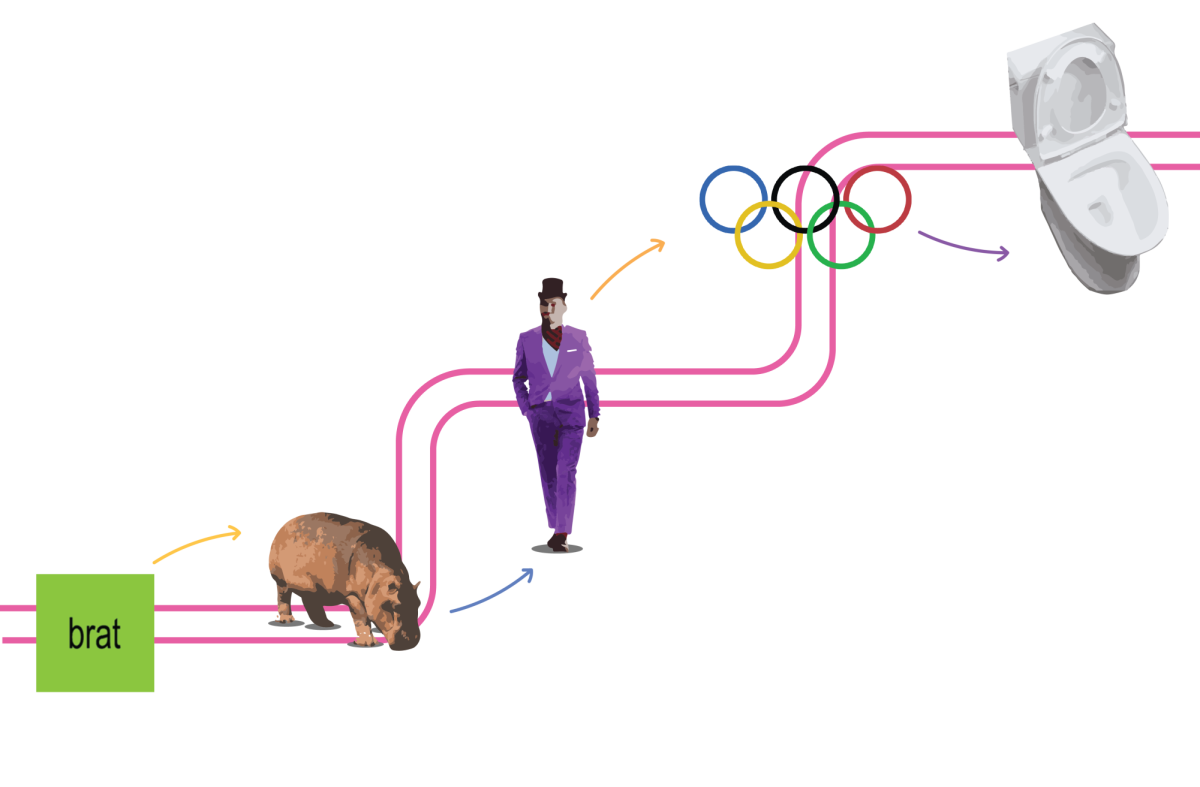The National Domestic Violence Hotline reports that every minute, 24 people in the U.S. face some form of domestic violence. Physician and researcher Martin R. Huecker adds that one in four women and one in seven men will experience physical violence by their intimate partner, and about one in three women and one in six men will experience some form of sexual violence during their lifetimes.
While this number represents people across the nation, domestic violence in Florida, especially the Orlando area, has been on the rise. This issue has worsened over the past few years due to the lack of state funding for resources and minimal donations to domestic violence shelters. A 2018 study conducted by Florida Health reported that the Orlando area had the highest rate of domestic violence, surpassing the Miami-Dade area, with 104,914 reported cases.
However, this number doesn’t fully represent the amount of domestic violence cases. Michelle Jewett, a prevention coordinator from SafeHouse, a domestic violence shelter, explains primary reasons holding victims back from reporting include potentially losing income, ties with their loved ones and triggering further aggression from the abuser. Author Robert T. Singer finds that less than one percent of domestic violence cases are reported to the police.
While the number of domestic violence cases has increased across the nation, organizations have taken initiative in changing the current trend. Shelters like SafeHouse in Seminole County help victims seeking assistance and safety.
“SafeHouse of Seminole acts as a catalyst for change working towards a safe future for all, providing counseling programs, personal advocacy services and emergency shelter for women and children and men surviving domestic abuse,” Jewett said. “As one of Florida’s leading providers of these life-changing and life-saving services, we are dedicated to offering the tools to help individuals heal and create new beginnings for themselves and their families. Our mission as a next-generation shelter is to transform lives, empowering individuals to end the cycle of domestic abuse through prevention, intervention and protection.”
Shelters across Orlando have made visible impacts within the community. A report done by journalist Emilee Speck found that last year, more than 36,200 survivors in the Orlando area were helped through assistance programs and almost 11,000 men, women and children were sheltered at various domestic violence housing facilities.
“Starting over alone, while you are in fear of your abuser harming you and/or taking your children and you have to figure out how to support yourself and your children is an overwhelming task,” Jewett said. “That is why it is important to connect with resources like SafeHouse to assist in the starting over process.”
SafeHouse’s goal is to help victims find the courage to seek help in circumstances of domestic violence.
“Every survivor is different,” Jewett said. “Most of our clients are female, but our male clients have been increasing over the last few years. It is wonderful to see men having the strength and courage to come forward. Many of our clients have children. They stayed in the relationship to try to keep the family together. They also felt trapped in a way because financially, it is hard to be a single parent. These women typically have not been allowed to work or go to college. They have been isolated from their friends and family so they feel like they have no one to turn to.”
Fortunately, students have the ability to take on a more involved role in helping survivors starting in April. National Honor Society is partnering with the Harbor House of Central Florida to raise awareness about domestic violence in the community. Senior and President of National Honor Society Lili Pope explains that the project will include bringing in a guest speaker from the Harbor House to discuss various topics relating to the issue of domestic violence and a supply care drive.
“Our drive is part of a larger initiative to expand the role of NHS at Trinity and in the community,” Pope said. “Since we’re an all-female team, we wanted to see how we could use our resources to help other women.”
All items from the drive will go to the shelter to help victims who are in the process of starting over.
“The more our community knows about resources, the more likely survivors know that there is help and they are not trapped,” Jewett said. “We are nonprofit and all our funds go into direct services, there is no advertising fund. If we can get the word out that we are more than just a shelter, then we can spread the hope.”




